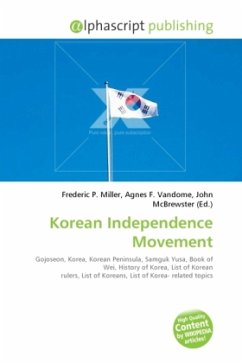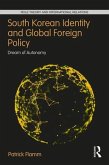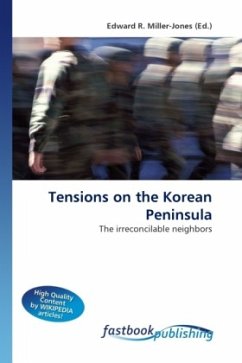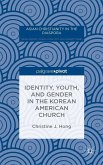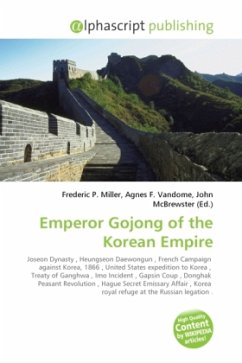High Quality Content by WIKIPEDIA articles! The Korean independence movement grew out of the Japanese colonial rule of Korea from 1910-1945. During the nearly five centuries of the Joseon dynasty, Korea kept its independence through careful diplomacy with China. Joseon scholars, because of their belief in Confucianism and the idea of China as the "Big Brother", paid tribute to China to effectively prevent conflicts. In the late nineteenth century, Joseon became vulnerable to Japan's expansionism, resulting in the Eulsa Annexation Treaty. In 1910, Japan annexed Korea, leading to a Korean independence movement that culminated in a Korean Declaration of Independence during March 1 Movement. In large part the declaration was stimulated by the statements of American President Woodrow Wilson on self-determination at the Paris Peace Conference in January 1919, at which he began: "A new era, wakes before our eyes, the old world of force is gone, and the new world of righteousness and truth is here."

